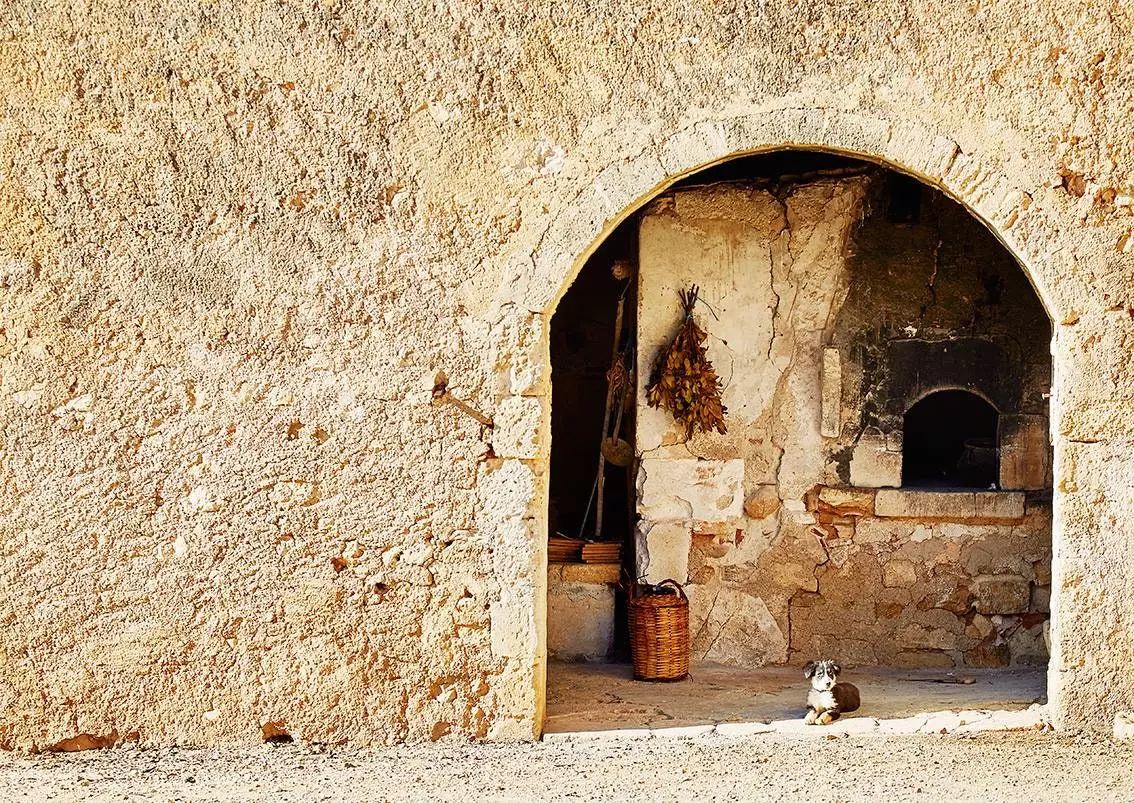
The flavor of agrarian Mallorca is tasted at the Aubocassa estate.
Inland Mallorca allows, with appetite and curiosity, know its agricultural geography and its landscapes, where a large part of the raw material that gives the island its gastronomic splendor is found through two essential pillars for any self-respecting glutton: extra virgin olive oil and wines, of course, with a marked Mediterranean character.
TRADITION IN FULL EFERVESCENCE
More than twenty years ago, in the domain of a farm located in Manacor, the co-owner of Bodegas Roda from Rioja, Mario Rotllán, together with its general manager, Agustín Santolaya, considered making white wine in a beautiful 12th-century estate. However, a lucky turn of events led them to opt for olive oil, a product that in the vicinity of the Mallorcan Pla was little less than daring, because the greatest olive-growing tradition is found to the northwest, in the Sierra de la Tramontana.
But that innovative desire for the house brand led them to start with a project that had its first bottles of super premium extra virgin olive oil in 1998. A new page was beginning in the Mallorcan olive tradition and, at the same time, emphasizing the value of the region's agricultural land.
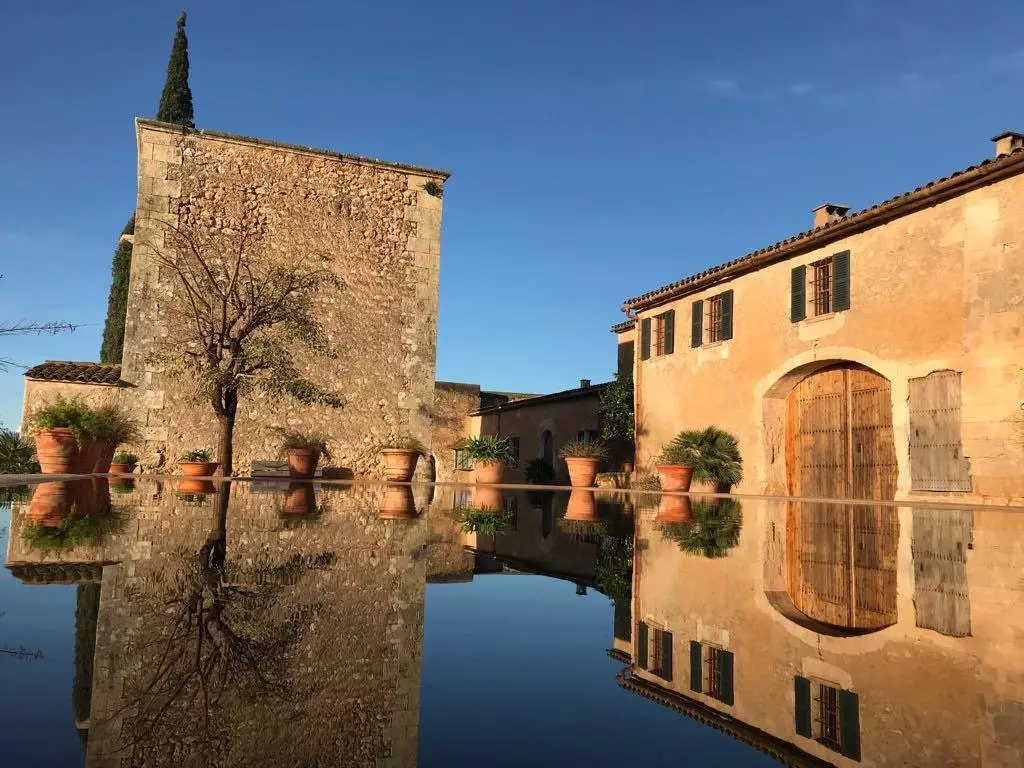
No, it is not a mirage, it is the Aubocassa estate, an old estate cited in documents from the 12th century.
Today Aubocassa, which is the name of this EVOO for which For each bottle, between eight and ten kilos of Arbequina olives are used, which never reach the ground. it is a reality, and the launch of an olive oil tourism program only confirms the growing interest of travelers with a good appetite for the origin of the raw materials.
In Aubocassa you can make a complete visit to get to know how one of the best oils in the country is made with an olive that, possibly, has its origin on the island, as there are hypotheses that suggest that it was King James I of Aragon who took it to Catalonia (his other homeland, par excellence) in the 13th century.
Since 2015 they have their own oil mill and a pioneering system in Spain for grind the fruit cold, thus preserving the freshness and aromas typical of the fruit once processed: tomato, fresh herb, almond and some other fruit nuance.
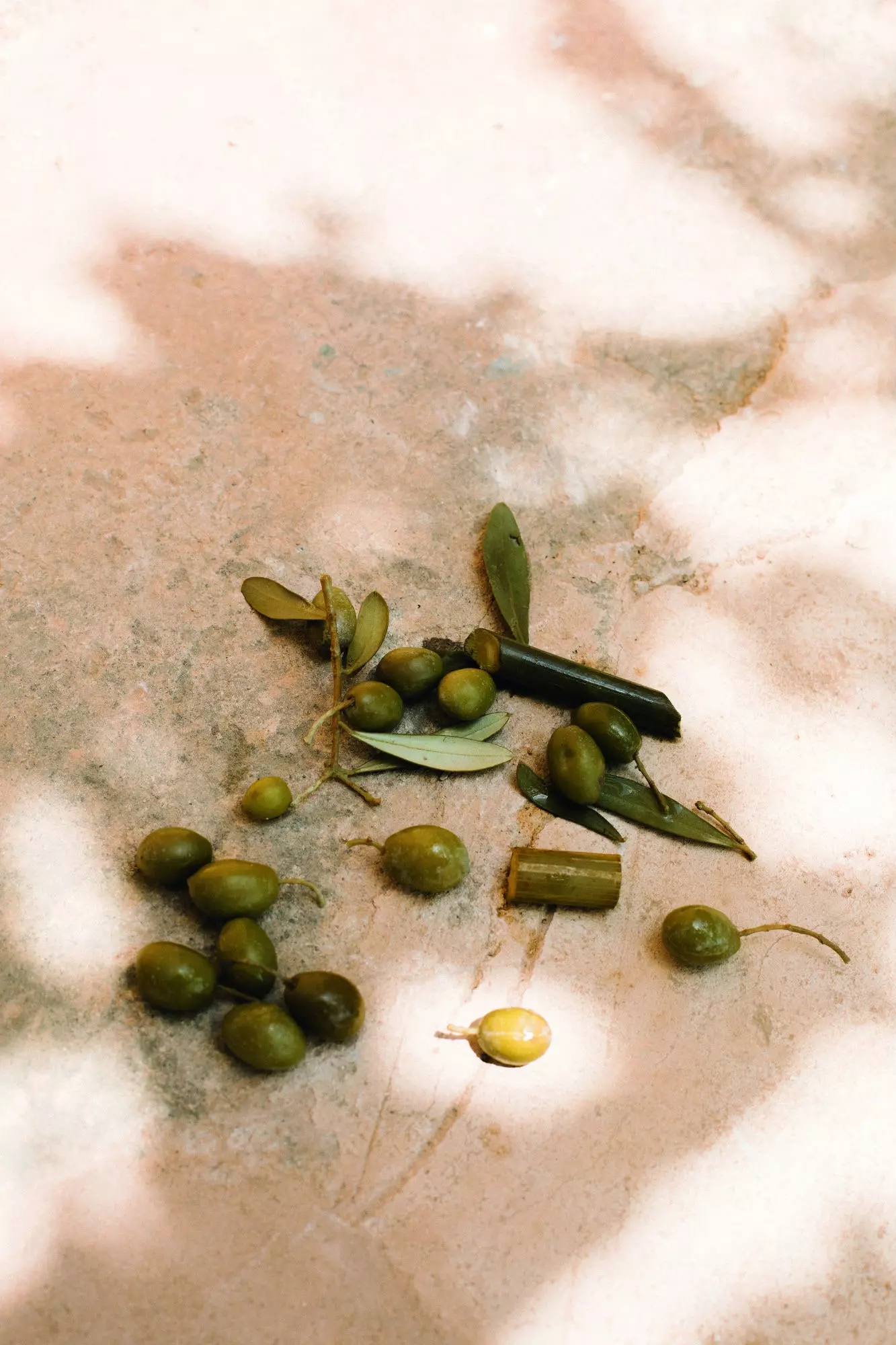
Majorcan liquid gold is extracted from these olives.
UNDERSTATED COUNTRY CHARM
Less than half an hour away, in Porreres, one of the agricultural centers of the Pla, renowned, among others, for its apricots, immersion in the rural philosophy of the Majorcan interior can be experienced to the fullest at Sa Bassa Rotja, one hundred hectares of land in a 13th century estate where there are enough incentives not to go out on all vacations.
Its 38 rooms are distributed throughout different spaces of the property, where the best, however, is outside of them: the hotel, managed by the local group Bou Ros, It has endless activities that connect the guest with the countryside, from the elaboration of the traditional herbal liqueur, cutting each variety yourself, to wine tasting, horseback riding or cycling or relaxing in the spa or pool.
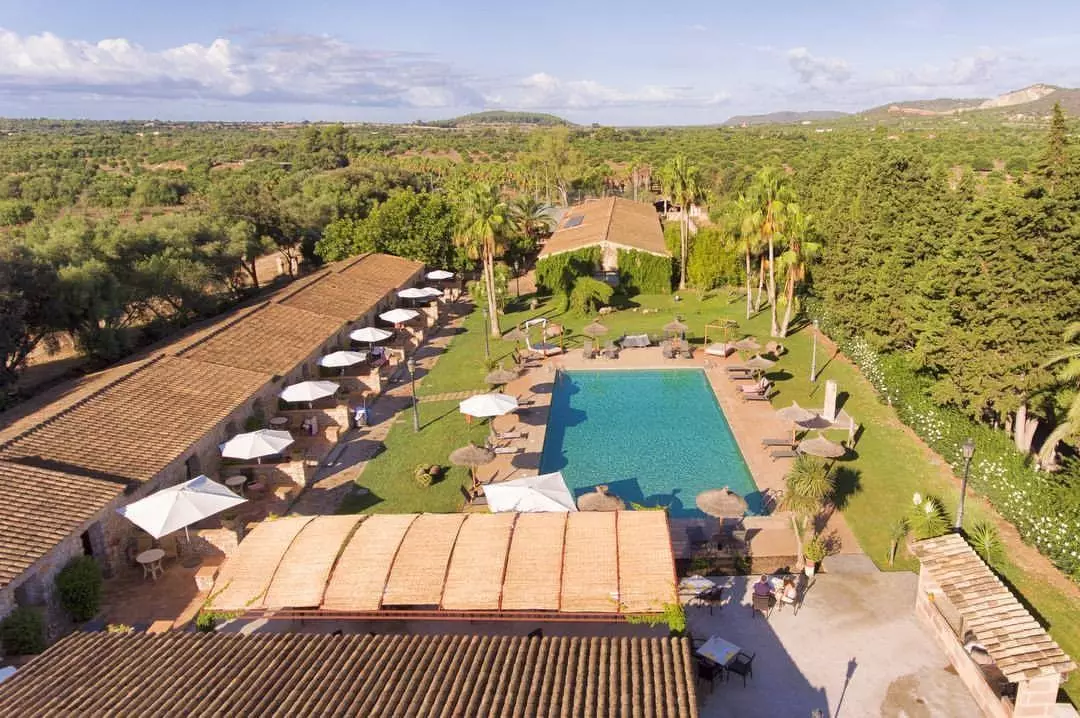
At the Hotel Rural Sa Bassa Rotja the terraces of the rooms open directly onto the swimming pool.
In the same town, Bàrbara Mesquida continues the viticultural tradition started by her father, a pioneer in planting varieties such as Cabernet Sauvignon or Syrah on the island, with a twist towards biodynamics and the preservation of the oldest plantations of the place that, in addition, provide the landscape with a plus of charm.
The wine of the region also has two other outstanding exponents whose wines should be put in the suitcase yes or yes: the more than consolidated ** Ànima Negra, with its famous editions illustrated by Miquel Barceló, ** and 4Kilos Vinícola. Both wineries share a location, in the town of Felanitx, and a firm commitment to give prominence to local varieties, Callet, Mantonegro and Fogoneu, over imported ones.
Inland Mallorca awaits, with the best of its agricultural heritage, to be enjoyed to the fullest.
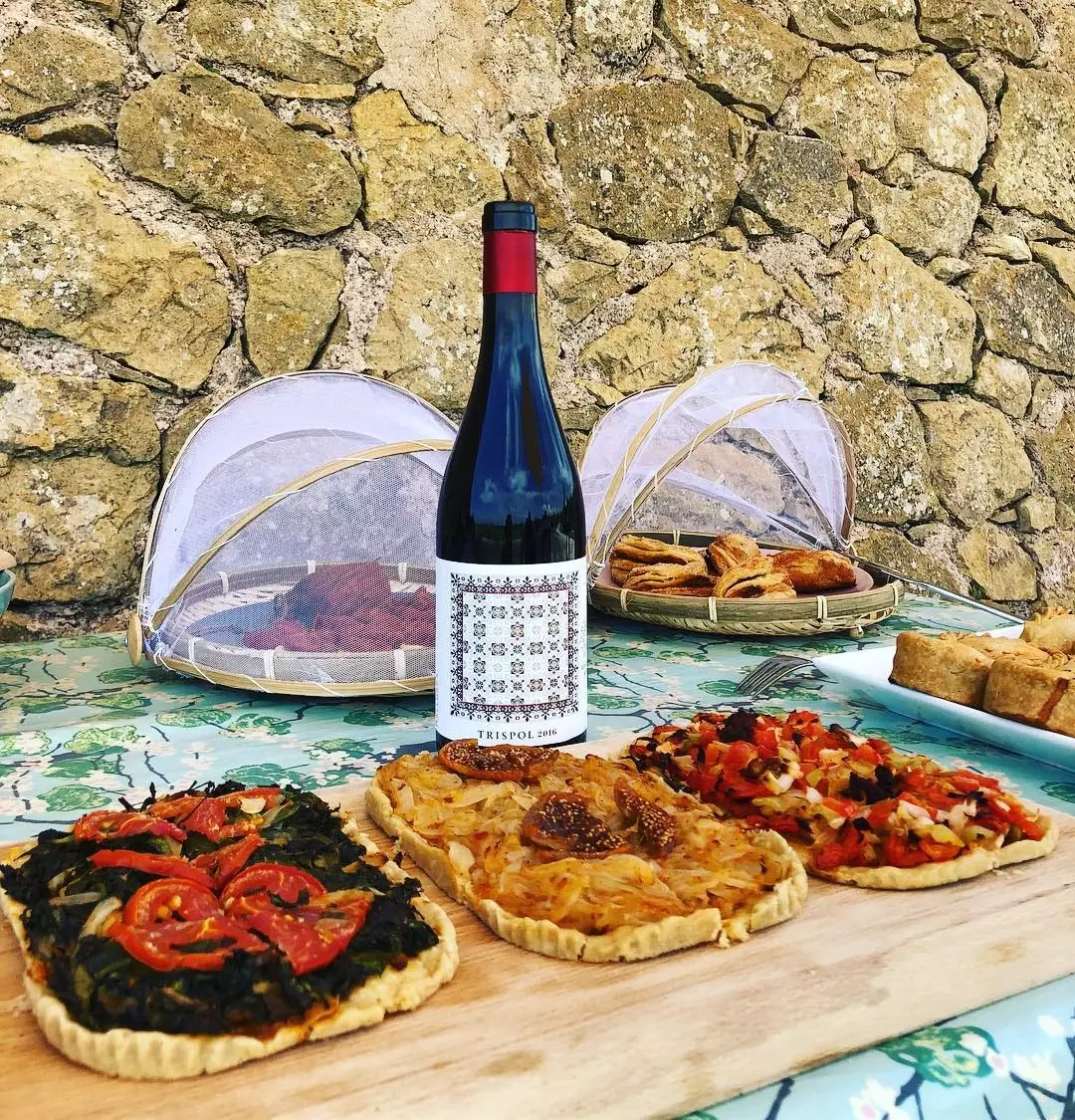
Majorcan cokes and a good Mesquida Mora wine.
A DAY IN THE CITY
As resisting visiting the capital is difficult, and after (or before, to whet your appetite) entering rural Mallorca, it is best to indulge in its gastronomy (ensaimadas aside) with the tablecloth on.
To ensure the shot, you have to visit a place that will become essential for the excellence of its cuisine and its no less excellent wine list (a must-see): **Bala Roja, restaurant of the very young Es Princep hotel ** in the that Andreu Genestra handles the culinary baton.
In an environment of warm colors and comfortable minimalism, this hotel, part of The Leading Hotels, encloses that little gastronomic jewel to which adds an exciting cocktail bar where to review the classics or dare with some creation of the bartender. When spring arrives you have to step on its rooftop, AlmaQ, to relax in its pool overlooking the beach or chat with a cocktail in hand.
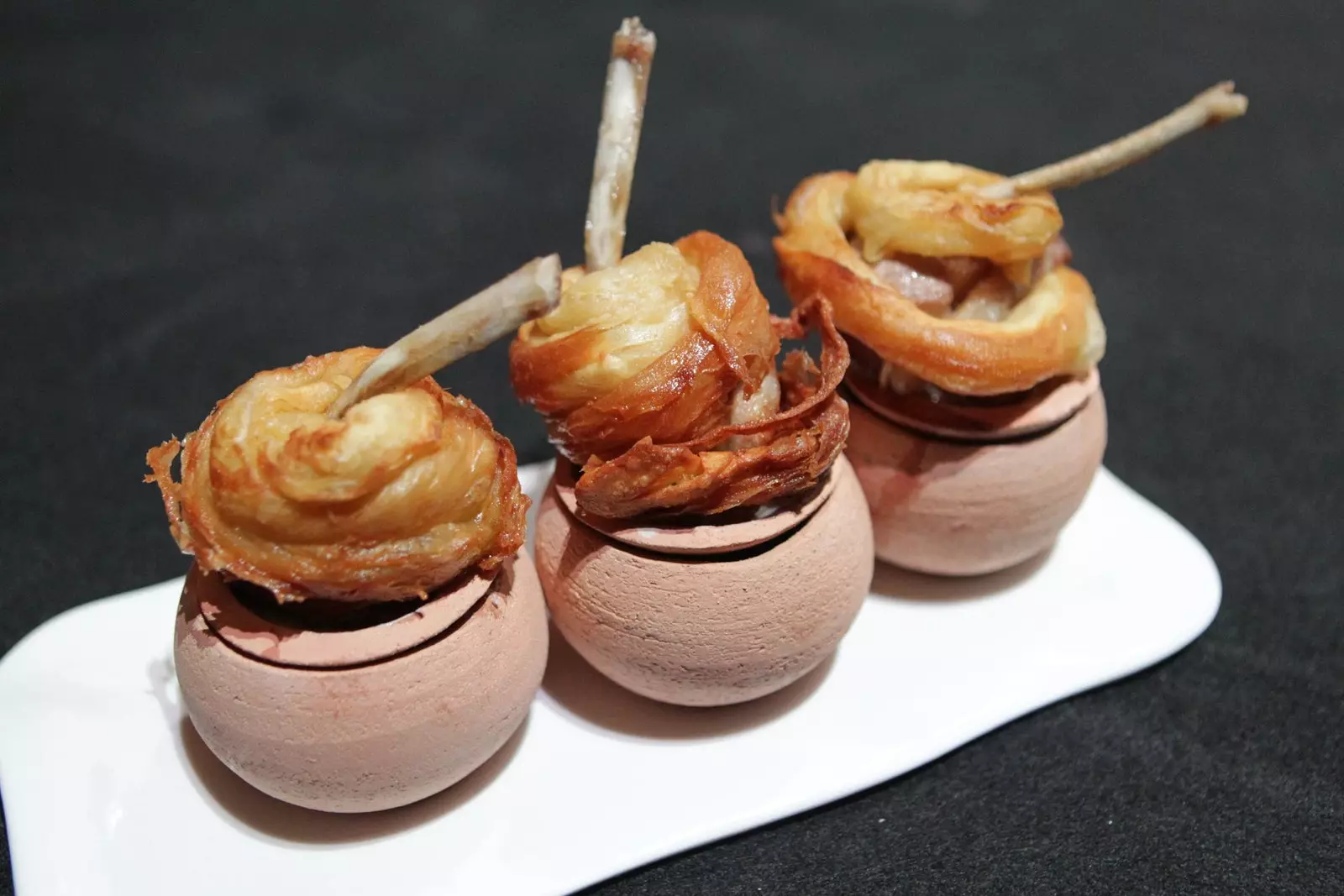
One of Andreu Genestra's creations at Bala Roja, the restaurant at the Es Princep hotel.
